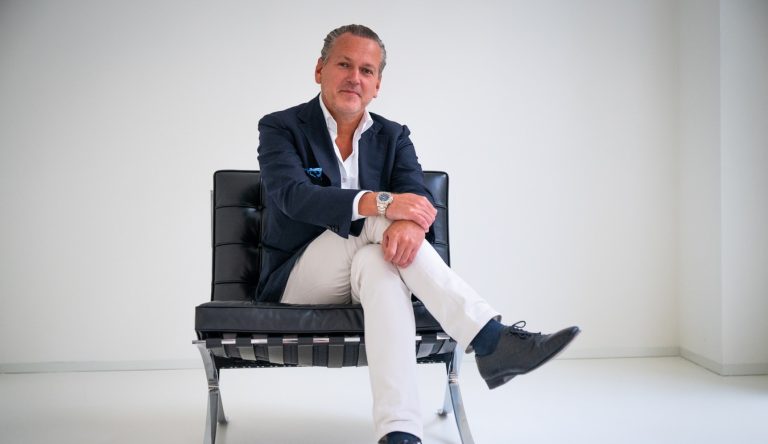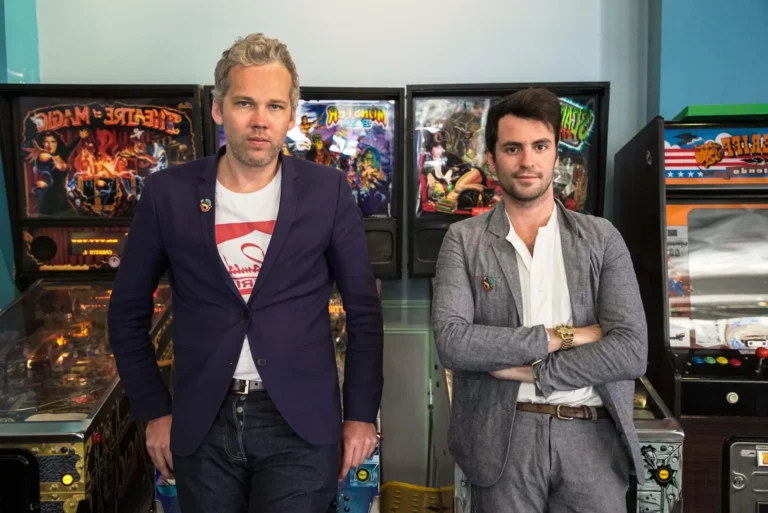Tony Gram: Corporate Strategist and the Kipling Turnaround - €183m of Controversial Success
Tony Gram
Tony Gram is an emblematic figure of professional autonomy. After a decade with Travhydro, a company specializing in scaffolding construction, he set up his own company, Gramyco, in 1975. Thereafter, he embarked on the gradual acquisition of smaller companies. His real success came in 1992 when he took over the Kipling brand, known for its fashionable bags and iconic monkey logo. With the management skills he brought to the table, and an investment of 30 million francs, Gram obtained Kipling for a symbolic franc.
Under his leadership, Kipling experienced spectacular growth, achieving sales of 15 million euros in 1994 with a reduced staff. In a surprising turnaround in 1999, UBS Capital bought out 60 % of Kipling for around 125 million euros, leaving Gram with a stake of 40 %. After a period under the management of UBS, during which Kipling experienced difficulties, Gram took over the company for a modest sum in 2002, restructured the business, and sold it two years later for a sum approaching again 125 million euros.

Gram is also involved in the rescue of various ailing companies such as Lernout & Hauspie and Van Gaever Airlines, earning a reputation as a corporate savior, sometimes through controversial methods. His interests are managed in part by his son Rudy, based in Florida, and his daughter Mireille, who ran into legal trouble in 2015 linked to charges of attempted murder of his daughters.
Tony Gram also found himself involved in criminal investigationsIn particular, for loans received from a suspected trafficker, claiming a preference for private loans over banks, while denying any knowledge of the lender's illegal activities. He has already been mentioned in previous court cases, including the case of Riccardo Fanchini, an Italian-Polish mafia boss. In 2020, the prosecutor demands four years in prison for money laundering in the suspect lender's file.
Heritage
- Estimate: € 183,506,757
- Trend: Growth
- Current position: 148th

Companies and activities
- Gramyco: Founded in 1975
- Kipling: Notable acquisitions and expansions
- Other commitments: Participation in company rescue operations
Legal disputes
- Charges: Financial loan from suspected trafficker, involvement in previous investigations
- Trial: request for 4 years' imprisonment in 2020 for money laundering







